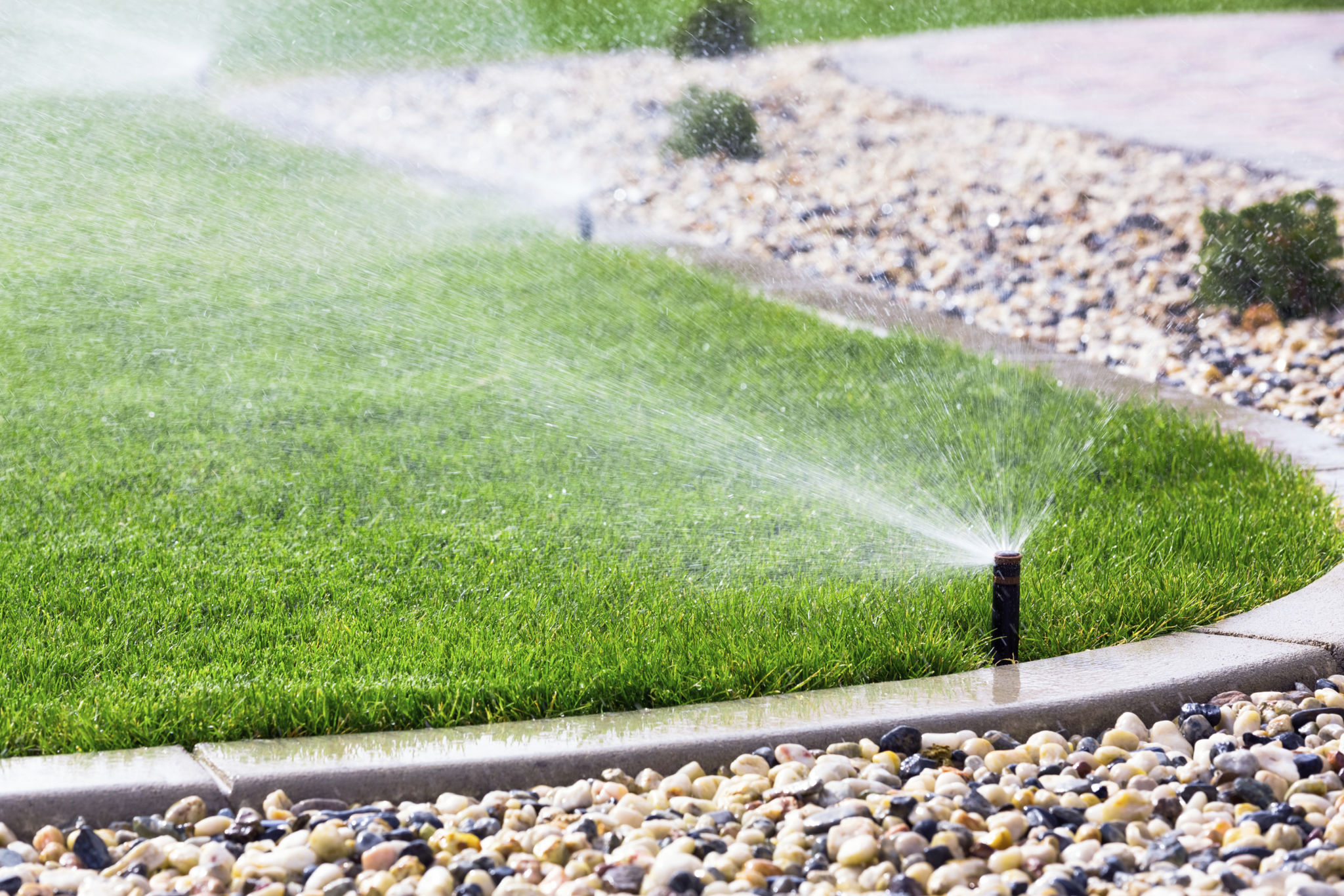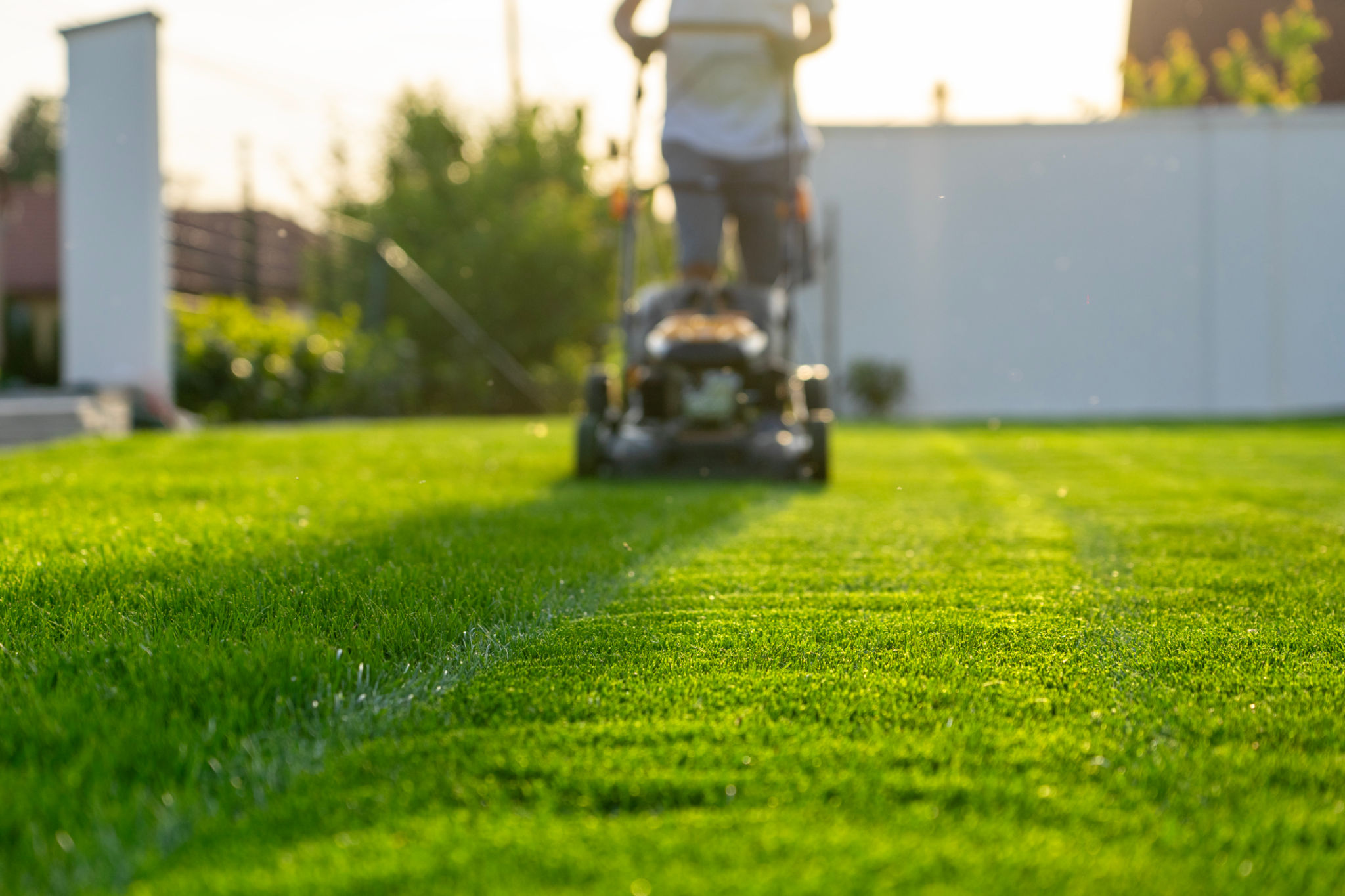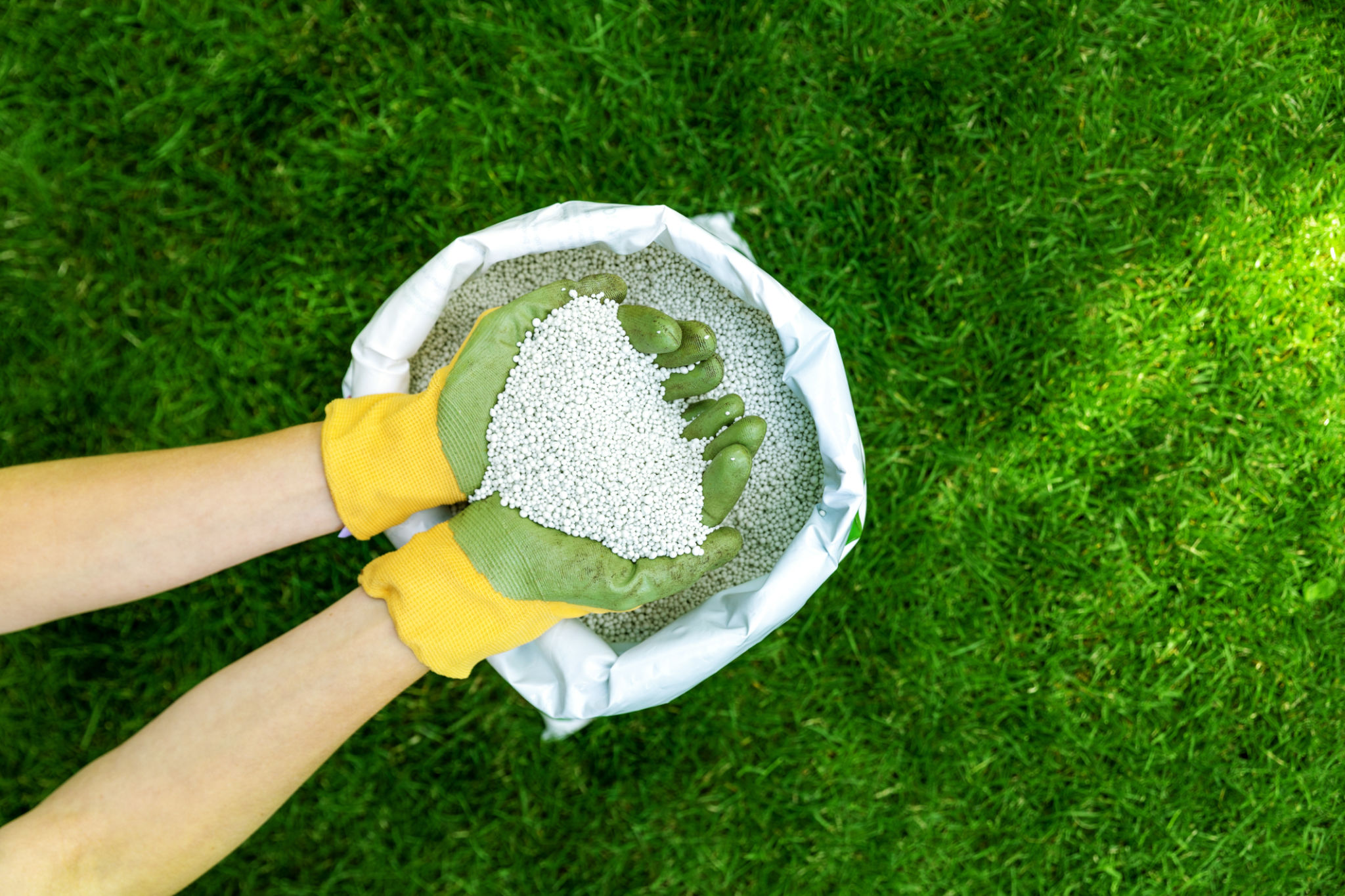Debunking Common Lawn Care Myths: What Every Homeowner Should Know
When it comes to lawn care, misinformation abounds. Many homeowners find themselves overwhelmed by the sheer volume of advice, much of which is outdated or simply incorrect. In this post, we'll debunk some of the most common lawn care myths and provide you with accurate information to keep your lawn lush and healthy.
Myth 1: Watering Every Day is Necessary
A common misconception is that lawns need daily watering to thrive. In reality, frequent shallow watering can lead to weak root systems. It's better to water deeply and less often. This encourages roots to grow deeper into the soil, making them more drought-resistant.

How Often Should You Water?
As a general rule, aim to water your lawn about one inch per week, including rainfall. During hotter months, you may need to increase this slightly. Always water early in the morning to reduce evaporation and fungal diseases.
Myth 2: Cutting Grass Shorter is Better
Many believe that mowing grass very short will reduce the frequency of mowing sessions. However, cutting grass too short can stress the plants and expose them to pests and diseases.

The Ideal Mowing Height
The ideal height for grass varies by species, but generally, a height of 2.5 to 3.5 inches is recommended. Taller grass shades the soil, reducing water loss and inhibiting weed growth.
Myth 3: Fertilizing More Means a Greener Lawn
Fertilizer is often seen as a miracle product for achieving a lush, green lawn. While it is essential for lawn health, over-fertilizing can lead to excessive growth and even damage the grass.

Proper Fertilization Practices
Follow the instructions on your fertilizer package carefully, and avoid applying more than recommended. Consider using slow-release fertilizers to provide nutrients gradually over time. It's also wise to test your soil to understand its nutrient needs.
Myth 4: All Weeds are Bad
While most homeowners strive for a weed-free lawn, some weeds can actually benefit your grass. Clover, for example, is known for its ability to fix nitrogen in the soil, providing a natural fertilizer effect.

Managing Weeds Naturally
Instead of eliminating all weeds, focus on maintaining a diverse and balanced ecosystem within your lawn. This can lead to healthier grass and reduce the need for chemical interventions.
Conclusion
By understanding and debunking these common lawn care myths, homeowners can take a more informed approach to maintaining their lawns. Remember that a strong foundation of knowledge will always yield better results than any quick fix or old wives' tale.